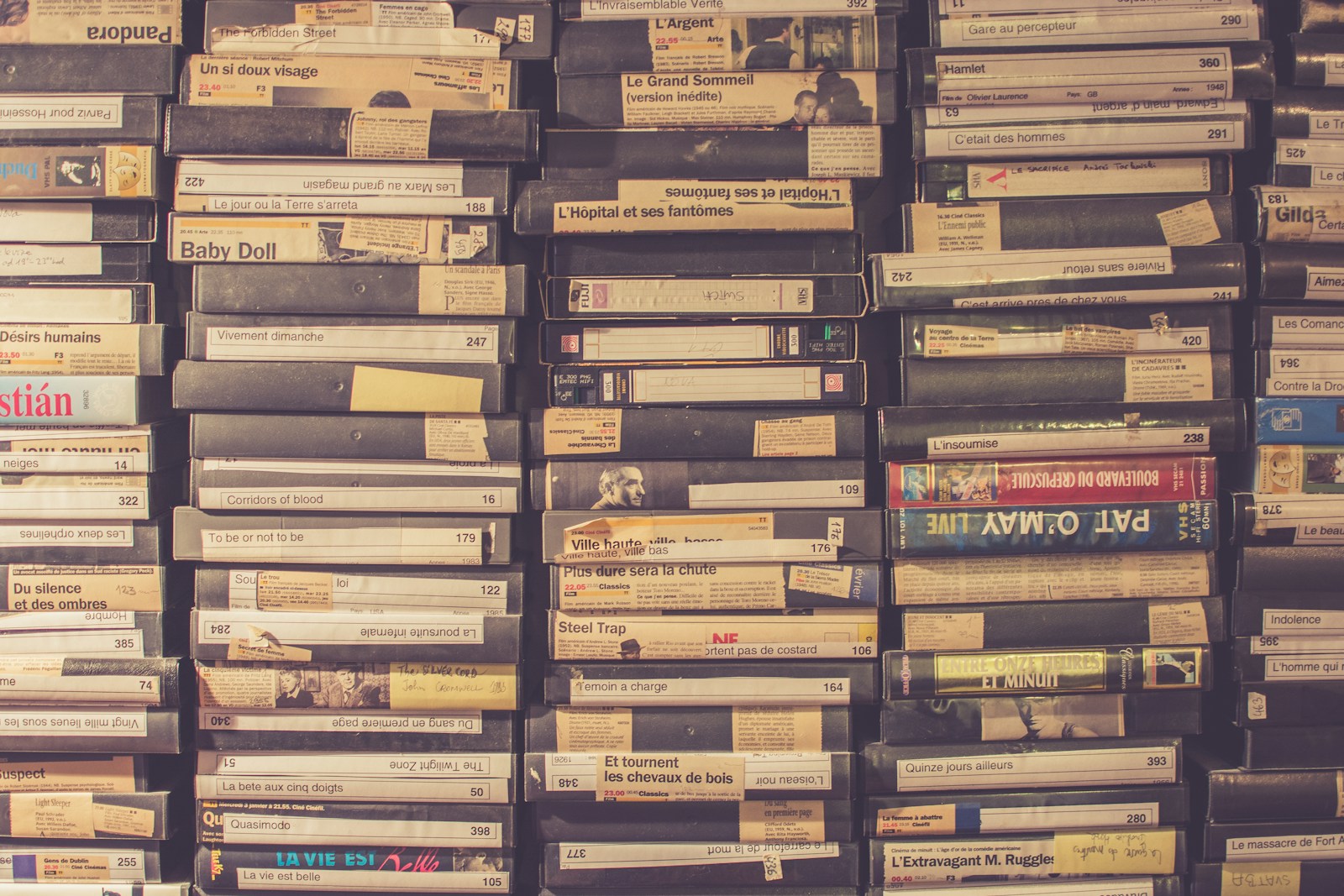In an era where digital media dominates, VHS home videos remain invaluable records of past memories, legacy preservation, capturing family events, milestones, and everyday life. However, VHS tapes degrade over time due to environmental factors and material limitations, making preservation a priority for those who want to safeguard these irreplaceable moments. This essay explores effective methods for preserving VHS home videos, including proper storage, digitization, and maintenance techniques.
Understanding VHS Tape Deterioration
VHS tapes are composed of magnetic tape coated with iron oxide, which is susceptible to degradation. Over time, exposure to heat, humidity, dust, and magnetic fields can cause video and audio quality to deteriorate. Common problems include tape warping, mold growth, and signal loss, which result in distorted or completely unusable footage. Given these vulnerabilities, taking proactive steps to preserve VHS tapes is essential.
Proper Storage Techniques
One of the simplest ways to prolong the life of VHS tapes is by storing them in optimal conditions. The following guidelines can help minimize deterioration:
- Temperature and Humidity Control: Store tapes in a cool, dry place with temperatures between 60-70°F (15-21°C) and relative humidity around 40-50%.
- Vertical Storage: Store tapes upright, like books, to prevent warping.
- Avoid Direct Sunlight: Exposure to UV rays can damage the tape material.
- Keep Away from Magnetic Fields: Avoid placing tapes near electronic devices such as speakers and televisions, as magnetic fields can erase the recorded data.
Digitization: Converting VHS to Digital Format
The best way to ensure long-term preservation of VHS home videos is to convert them into digital formats. Digitization not only prevents further degradation but also allows for easier access, sharing, and editing. Several methods are available for converting VHS tapes:
- Using a VHS-DVD Recorder: Standalone VHS-to-DVD recorders allow users to transfer footage directly from tape to disc.
- Video Capture Devices: A video capture device, combined with a computer and VHS player, enables users to convert VHS footage into digital files.
- Professional Digitization Services: For those who lack the necessary equipment, professional services offer high-quality conversion and restoration.
Maintaining and Handling VHS Tapes
Even after digitization, some may wish to keep their VHS tapes as backup copies. Proper handling is crucial in preventing damage:
- Rewind and Fast Forward Occasionally: This helps prevent tape sticking or deterioration.
- Keep Tapes in Their Cases: Dust and debris can cause playback issues.
- Clean Tape Heads and Players: Regular maintenance of VHS players ensures smooth playback and prevents tape damage.
Preserving VHS home videos is a vital step in protecting cherished memories from deterioration. By storing tapes properly, converting them to digital formats, and handling them with care, individuals can ensure that their personal history remains intact for future generations. Given the finite lifespan of VHS tapes, taking action sooner rather than later will help safeguard these invaluable recordings before they are lost to time.
